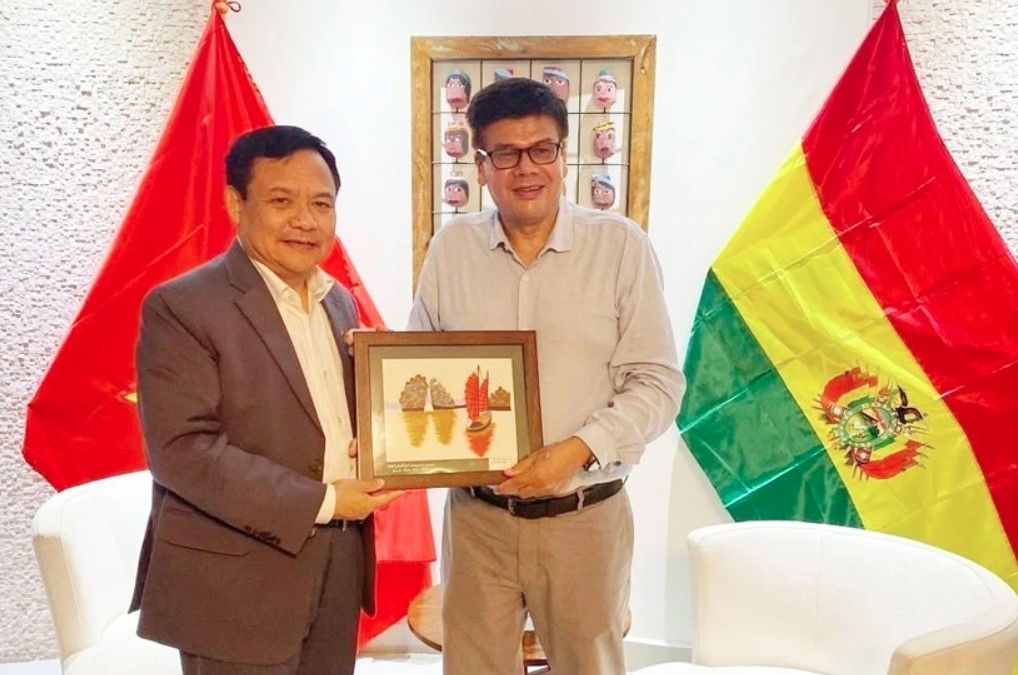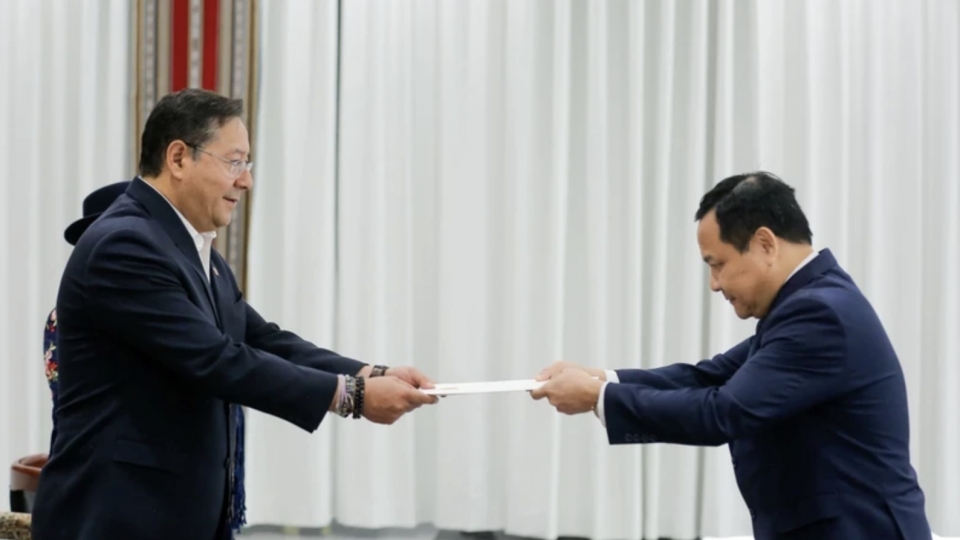Vietnam’s April 30 victory a historic moment for whole world: Bolivian diplomat
The date April 30, 1975 was a historic moment not only for the people of Vietnam but also for all developing nations around the world, emphasised Miguel Angel Perez Pena, Honorary Consul of Vietnam in Bolivia.

Speaking to the Vietnam News Agency on the occasion of the 50th anniversary of the Liberation of the South and the National Reunification of Vietnam (April 30, 1975–2025), Perez Pena noted that that the victory of the 1975 Spring General Offensive and Uprising of the Vietnamese people was a great source of encouragement and inspiration for many countries, especially young generations, showing the ability to overcome injustice, oppression, and colonial order to defeat the world’s strongest military power.
He praised the leadership of President Ho Chi Minh and General Vo Nguyen Giap in the liberation struggle history of not only the Vietnamese people but also the entire humanity. He also highly valued the central role of the Communist Party of Vietnam, along with the courageous fighting spirit of the Vietnamese army and people during the resistance war against foreign invaders.
Hailing the achievements Vietnam has made over half a century of healing the wounds of war, Perez Pena noted that today, Vietnam is a strongly growing economy and a focus of the world.
It has a diverse and open economy, attracting significant foreign direct investment and maintaining sustainable growth in foreign trade, said the Honorary Consul, highlighting that Vietnam is now the world’s second-largest coffee exporter and one of the leading smartphone producers. Products such as clothing and footwear are exported worldwide.
Speaking about the anti-war movement in support of Vietnam’s resistance against foreign invaders at the time, Perez Pena shared that the people of Bolivia, especially the youth, along with other Latin American countries, always expressed their solidarity with Vietnam’s struggle for independence and condemned military aggression.
The student and worker movements that protested the invasion and advocated the Vietnamese people's just struggle in the 1960s and 1970s in Bolivia spread widely, particularly within the guerrilla forces led by Che Guevara, he underlined.
Regarding solidarity, friendship, and cooperation between Vietnam and Bolivia, Perez Pena emphasised that in 1987, the two countries established diplomatic relations, and since then, their relationship has become stronger.
He held that Bolivia and Vietnam share many similarities in history, and now they still hold much potential to develop trade relations in areas such as soybeans, leather, wood products, electronics, and sports shoes.



